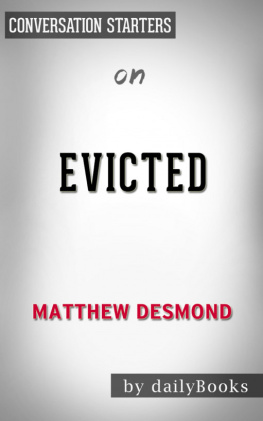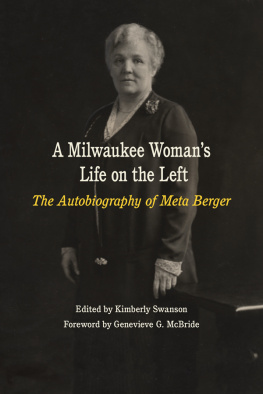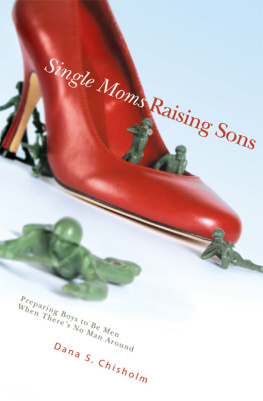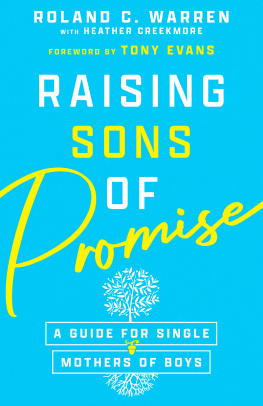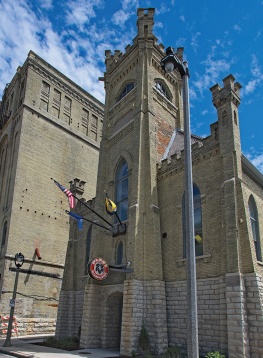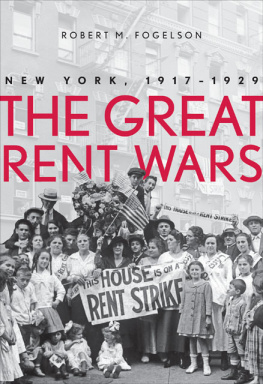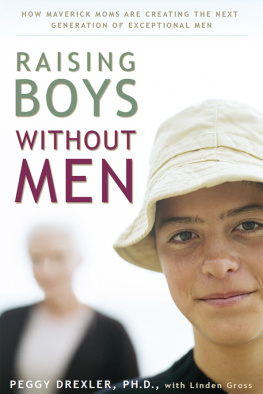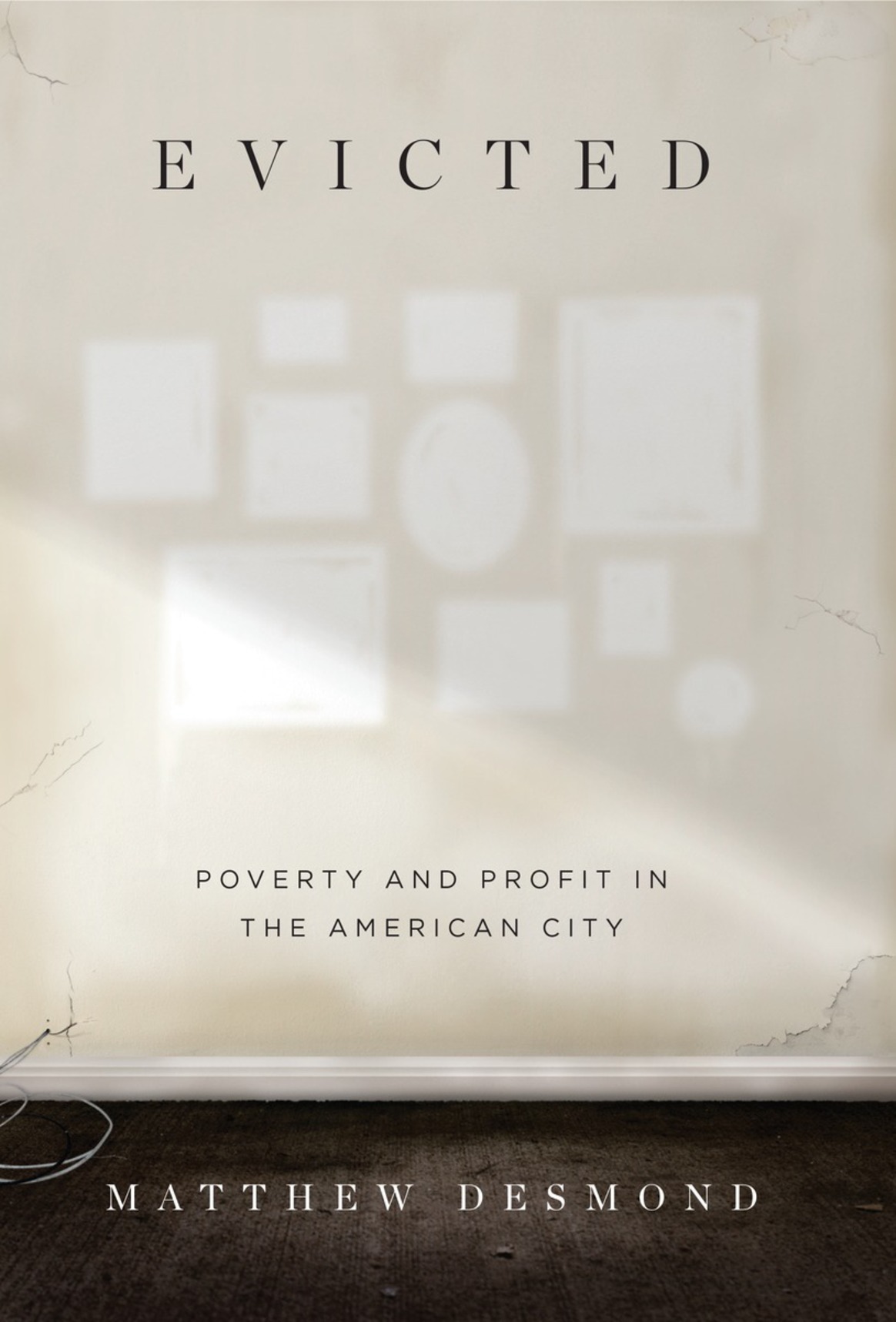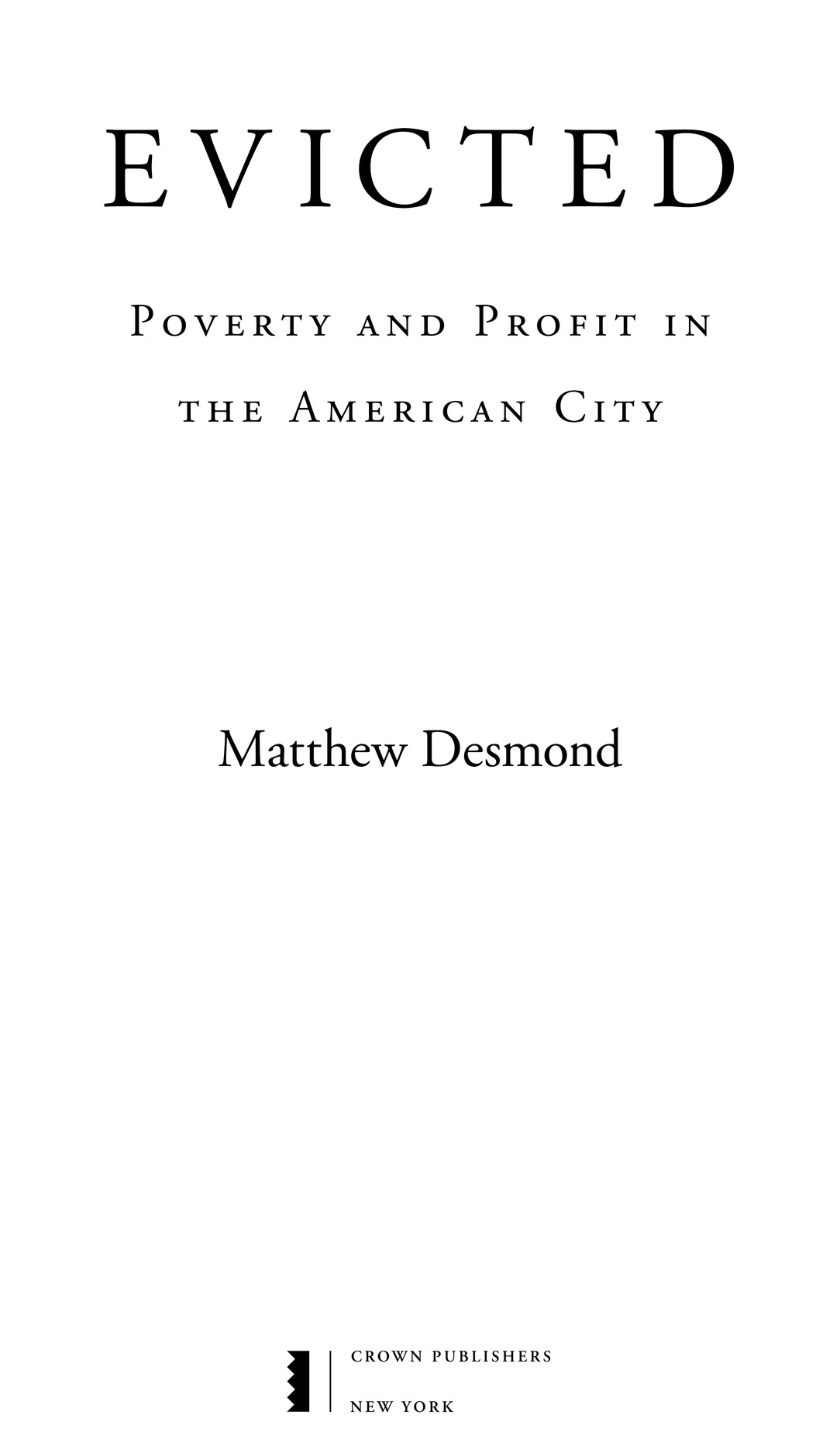This is a work of nonfiction. Most of the events described in this book took place between May 2008 and December 2009. Except where indicated in the notes, all the events that occurred within that time period were witnessed firsthand. All quotations were captured by a digital recorder or copied from official documents. The names of tenants, their children, and their relatives, as well as landlords and their workers, have been changed to protect their privacy.
Prologue
COLD CITY
Jori and his cousin were cutting up, tossing snowballs at passing cars. From Joris street corner on Milwaukees near South Side, cars driving on Sixth Street passed squat duplexes with porch steps ending at a sidewalk edged in dandelions. Those heading north approached the Basilica of St. Josaphat, whose crowning dome looked to Jori like a giant overturned plunger. It was January of 2008, and the city was experiencing the snowiest winter on record. Every so often, a car turned off Sixth Street to navigate Arthur Avenue, hemmed in by the snow, and thats when the boys would take aim. Jori packed a tight one and let it fly. The car jerked to a stop, and a man jumped out. The boys ran inside and locked the door to the apartment where Jori lived with his mother, Arleen, and younger brother, Jafaris. The lock was cheap, and the man broke down the door with a few hard-heeled kicks. He left before anything else happened. When the landlord found out about the door, she decided to evict Arleen and her boys. They had been there eight months.
The day Arleen and her boys had to be out was cold. But if she waited any longer, the landlord would summon the sheriff, who would arrive with a gun, a team of boot-footed movers, and a folded judges order saying that her house was no longer hers. She would be given two options: truck or curb. Truck would mean that her things would be loaded into an eighteen-footer and later checked into bonded storage. She could get everything back after paying $350. Arleen didnt have $350, so she would have opted for curb, which would mean watching the movers pile everything onto the sidewalk. Her mattresses. A floor-model television. Her copy of Dont Be Afraid to Discipline. Her nice glass dining table and the lace tablecloth that fit just-so. Silk plants. Bibles. The meat cuts in the freezer. The shower curtain. Jafariss asthma machine.
Arleen took her sonsJori was thirteen, Jafaris was fiveto a homeless shelter, which everyone called the Lodge so you could tell your kids, Were staying at the Lodge tonight, like it was a motel. The two-story stucco building could have passed for one, except for all the Salvation Army signs. Arleen stayed in the 120-bed shelter until April, when she found a house on Nineteenth and Hampton, in the predominantly black inner city, on Milwaukees North Side, not far from her childhood home. It had thick trim around the windows and doors and was once Kendal green, but the paint had faded and chipped so much over the years that the bare wood siding was now exposed, making the house look camouflaged. At one point someone had started repainting the house plain white but had given up mid-brushstroke, leaving more than half unfinished. There was often no water in the house, and Jori had to bucket out what was in the toilet. But Arleen loved that it was spacious and set apart from other houses. It was quiet, she remembered. And five-twenty-five for a whole house, two bedrooms upstairs and two bedrooms downstairs. It was my favorite place.
After a few weeks, the city found Arleens favorite place unfit for human habitation, removed her, nailed green boards over the windows and doors, and issued a fine to her landlord. Arleen moved Jori and Jafaris into a drab apartment complex deeper in the inner city, on Atkinson Avenue, which she soon learned was a haven for drug dealers. She feared for her boys, especially Jorislack-shouldered, with pecan-brown skin and a beautiful smilewho would talk to anyone.
Arleen endured four summer months on Atkinson before moving into a bottom duplex unit on Thirteenth Street and Keefe, a mile away. She and the boys walked their things over. Arleen held her breath and tried the lights, smiling with relief when they came on. She could live off someone elses electricity bill for a while. There was a fist-sized hole in a living-room window, the front door had to be locked with an ugly wooden plank dropped into metal brackets, and the carpet was filthy and ground in. But the kitchen was spacious and the living room well lit. Arleen stuffed a piece of clothing into the window hole and hung ivory curtains.
The rent was $550 a month, utilities not included, the going rate in 2008 for a two-bedroom unit in one of the worst neighborhoods in Americas fourth-poorest city. Arleen couldnt find a cheaper place, at least not one fit for human habitation, and most landlords wouldnt rent her a smaller one on account of her boys. The rent would take 88 percent of Arleens $628-a-month welfare check. Maybe she could make it work. Maybe they could at least stay through winter, until crocuses and tulips stabbed through the thawed ground of spring, Arleens favorite season.
There was a knock at the door. It was the landlord, Sherrena Tarver. Sherrena, a black woman with bobbed hair and fresh nails, was loaded down with groceries. She had spent $40 of her own money and picked up the rest at a food pantry. She knew Arleen needed it.
Arleen thanked Sherrena and closed the door. Things were off to a good start.
Even in the most desolate areas of American cities, evictions used to be rare. They used to draw crowds. Eviction riots erupted during the Depression, even though the number of poor families who faced eviction each year was a fraction of what it is today. A





